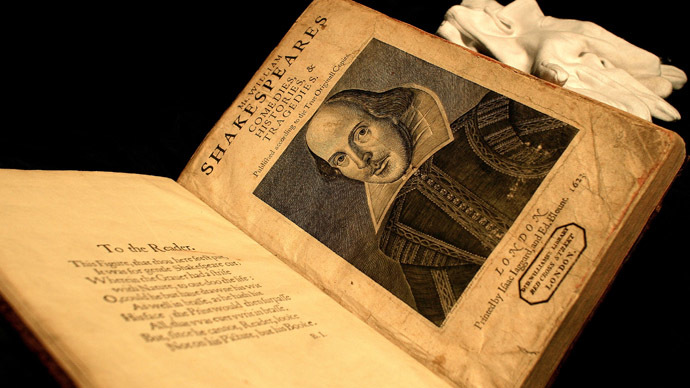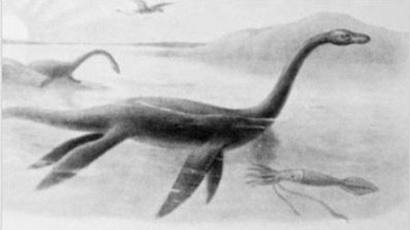Was Shakespeare gay? The debate continues

The sexuality of world-famous English playwright William Shakespeare has once again been called into question by leading academics after a book review called the content of some of his famous sonnets ‘primarily homosexual.’
Sir Brian Vickers of University College London wrote to the Times Literary Supplement (TLS) to condemn the book review, calling the article “anachronistic.” In doing so, he re-ignited the long standing debate surrounding the bard’s sexual persuasion.
Vickers argues the review fails to understand the rhetorical language used by renaissance writers to express love without necessarily implying sexual feelings.
He further says searching for biographical information in the sonnets is a worthless endeavor because Shakespeare, like many other poets, wrote under a “poet-persona,” allowing him to write about feelings other than his own.
His letter sparked a fresh row, with critics calling Vickers’ intervention a promotion of “one of the great fallacies of modern Shakespeare criticism.”
Arthur Freeman, a scholar who called himself a “friendly acquaintance” of Vickers, dismissed his claims that no biographical information could be drawn.
READ MORE:DNA study ‘unmasks’ Jack the Ripper
“Even if we insist on regarding the sonnets, wholly or in part, as a kind of long-term dramatic narrative ... why on earth would Shakespeare choose so often to impersonate a pathetically ageing, balding, lame and vulnerable bisexual suitor, abjectly whinging about rejection and betrayal?” he said
“Unless the self-humiliation that surfaces again and again through these particulars were both genuine and cathartic?” he added.
Another academic, Professor Wells, noted Shakespeare used at least one sonnet to court his future wife.
“When a poet whose name is William writes poems of anguished and unabashed sexual frankness which pun on the word “will” – 13 times in [Sonnet] No 135 ... it is not unreasonable to conclude that he may be writing from the depths of his own experience.”
Shakespeare married Anne Hathaway at the age of 18, with whom he had three children.
The couple, however, did not always live together, with Anne residing in Stratford, while William lived in London writing and performing plays.
The debate has previously attracted the attention of high profile thespians, with Sir Ian McKellen proclaiming in 2012 that there was “no doubt” Shakespeare was bisexual.
The first published edition of the sonnets were dedicated to “Mr W H,” whose identity remains a mystery, but who some critics believe could have been a male lover.













